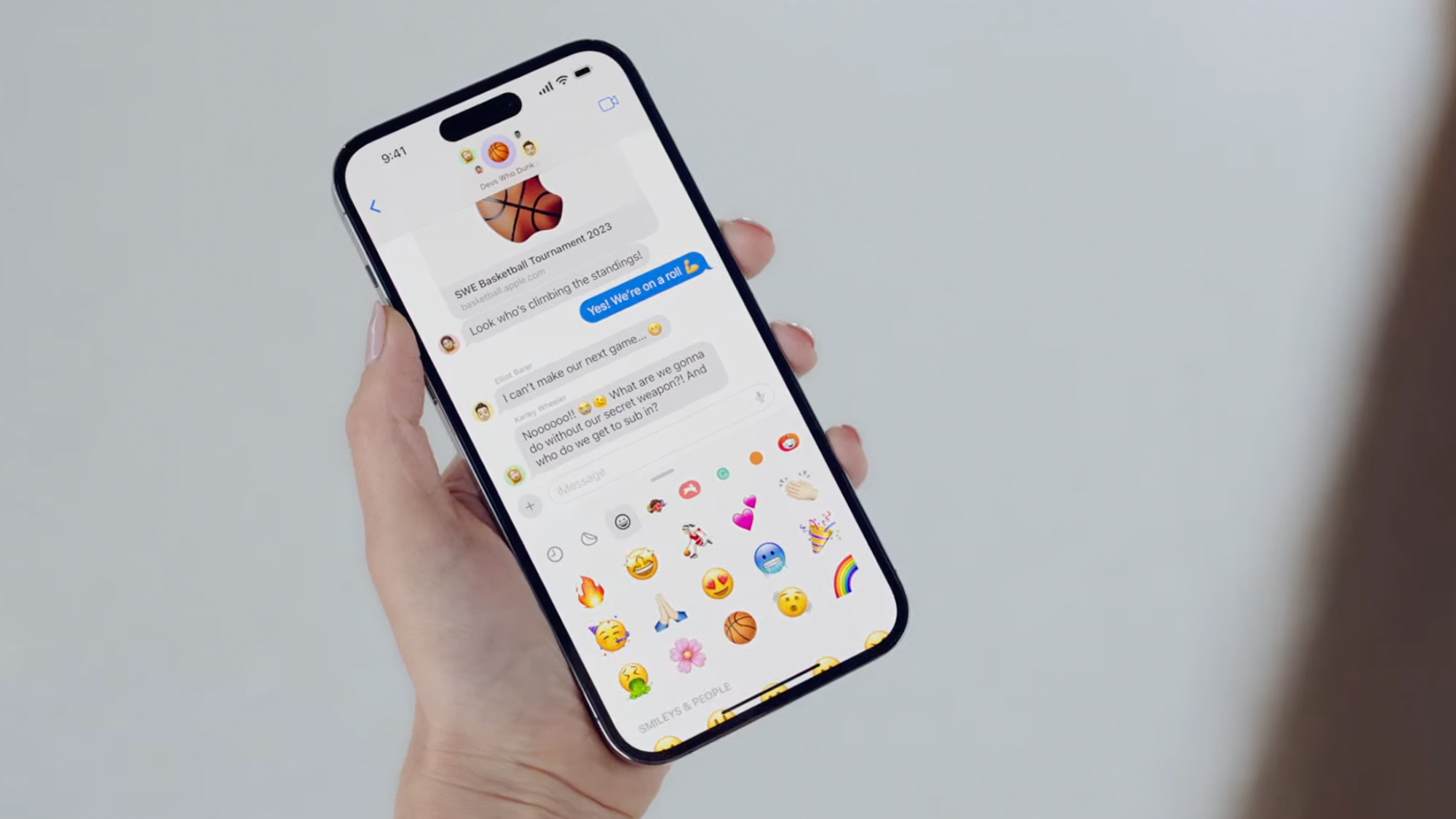The number of apps built for the Apple ecosystem which try to obtain too much sensitive user information, or violate user privacy in another way, is growing exponentially year after year.
This is according to a new report from Atlas VPN, which states that between 2020 and 2022, Apple declined almost a million apps from appearing on the App Store (958,000).
Atlas VPN based its conclusions on numbers obtained straight from Apple’s annual reports. Apparently, apple blocked 215,000 applications in 2020, and 400,000 in 2020, up by almost 100%.
Preying on careless users
In most cases, the apps were declined access to the famed app repository due to user privacy concerns. They were often found looking to collect more data than was necessary, or sharing it with third parties without proper disclosure, or even user consent.
But sometimes, the apps would also look to damage the users financially. Apple said it prevented more than $5 billion in fraudulent transactions since 2020, and blocked millions of stolen credit cards from transacting.
Hackers are preying on Apple users because many users fully understand the impact certain apps might have on their privacy, the researchers said. Many apps are asking for permissions they don’t really need, and users are sometimes so annoyed with the constant prompts for permissions that they just accept all.
Consequently, they give app developers access to sensitive information even if they didn’t want to do it, regardless of whether their intentions are malicious or not.
Apps generate a treasure trove of important data that can easily be monetized by developers. Unlike Google’s Android ecosystem, which welcomes third-party app stores as well, Apple insists on its walled-garden approach, arguing that it’s the best way to protect its customers from malicious developers.
Apple also takes a 30% commission on most app purchases, Atlas VPN reminded.





